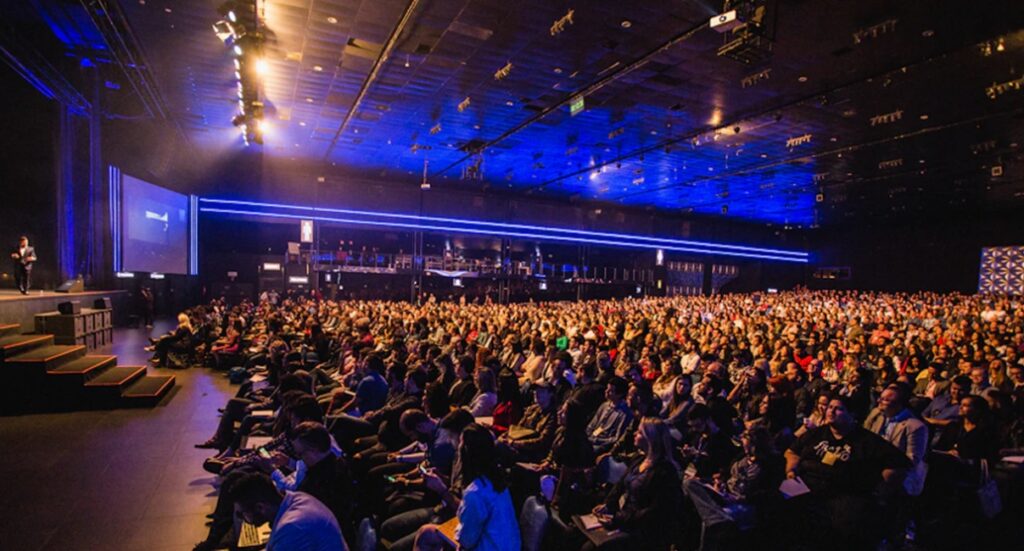Business conferences offer a unique opportunity to learn and connect. They are a great place to network face-to-face with fellow professionals, and they can be an enriching experience for both speakers and attendees when done correctly. Going to a conference takes some prep on its own, but hosting one is another level entirely. To help you plan and pull off the best business conference possible, here are five preparations you’ll need to keep in mind.
Venue Amenities
There are lots of unique locations for a business conference, but they aren’t always suitable for every occasion. Some venues, like historical sites and museums, are impressive to look at but not as accommodating as a venue with built-in conference spaces. Depending on the scale of your expected audience and the duration of the conference, you’ll want to choose a venue that’s easily accessible and affordable. If people are coming from out-of-town for a multi-day conference, a hotel is ideal because it offers group rates, basic amenities, and easy access to nearby locations.
Transportation Options
People should easily be able to commute to and from your conference venue. Hiring a rental car service for pick-up and drop-off or using a hotel shuttle is the best option if you’re hosting a conference with attendees from multiple locations. Event transportation may even need to be extended to airport pick-up. In some cases, for large-scale events, a charter bus could be useful. Make sure you also consider the possible need for wheelchair-accessible transportation, including elevators and disability ramps at the venue.
Staging
If your venue has multiple speakers or will host different talks throughout the day, a portable stage may be a good idea. Portable stages allow you to utilize a single venue in multiple ways, and this can be especially helpful if speakers are giving presentations or demonstrations that require personalized set-up.
A portable stage can also save you money on booking a venue that doesn’t come with one. If there’s ample space for seating, bringing your own stage will allow you to fully utilize any space.
Attendee Engagement
Your attendees need the opportunity to easily connect with each other, so engaging with speakers is another factor you’ll want to consider. Once the physical venue is secure, you have to shift your attention to the content of the conference itself. No one wants to give a speech to a group of expressionless, unresponsive people.
A good way to boost attendance and engagement is to use an app that gives everyone access to important details. With a single conference app, you can put information like personalized agendas, speaker bios, and LinkedIn synchronization. This allows people to easily network and connect with others without having to release more personal information.
Security
You will need to confirm whether a venue provides security or if they need to be hired separately. Everyone deserves to feel safe while they are attending a conference. Personal security measures include bag checks, ID verification and metal detectors. If there are health concerns, face mask checks should be implemented at entry, and reminders to always stay covered around others should be hung throughout the venue
As you keep these steps in mind, it’s always best to personalize the conference planning process to suit your audience. Every event is unique, so don’t be afraid to have fun and experiment a little. Rather than trying to get a one-size-fits-all formula, think about past successful conferences you attended. Implement their strengths, and learn from their weaknesses. With this mindset, you’ll be able to host a business conference that benefits everyone.
